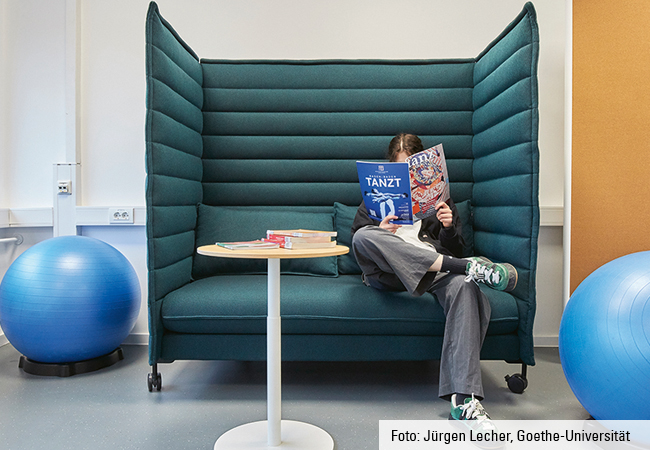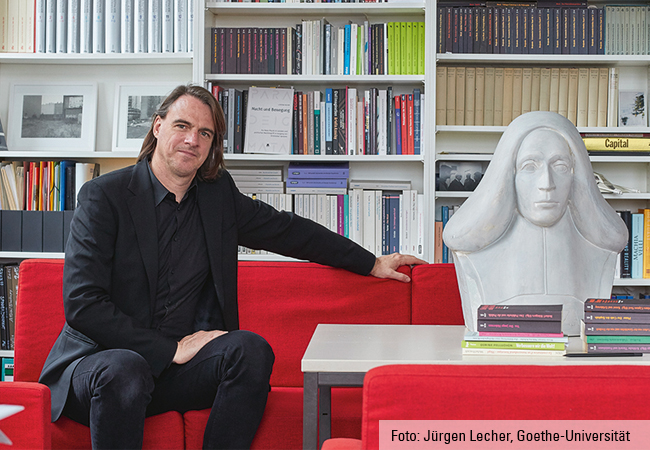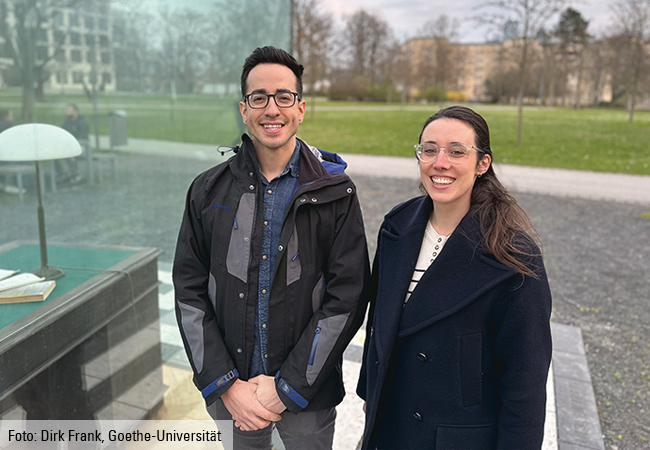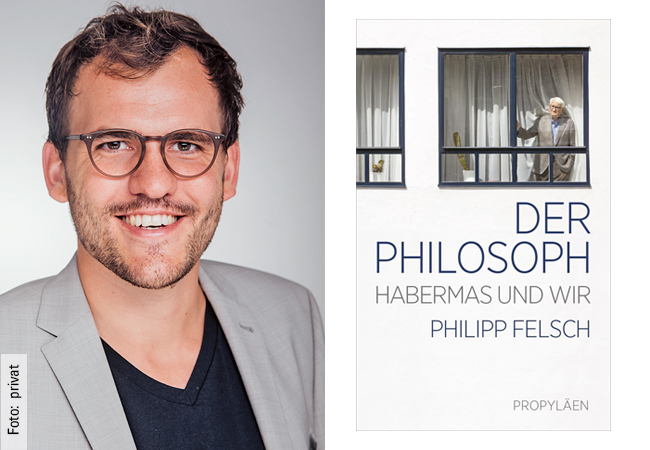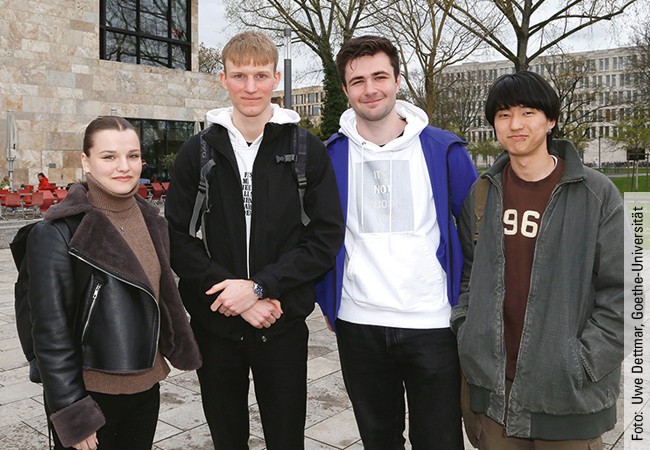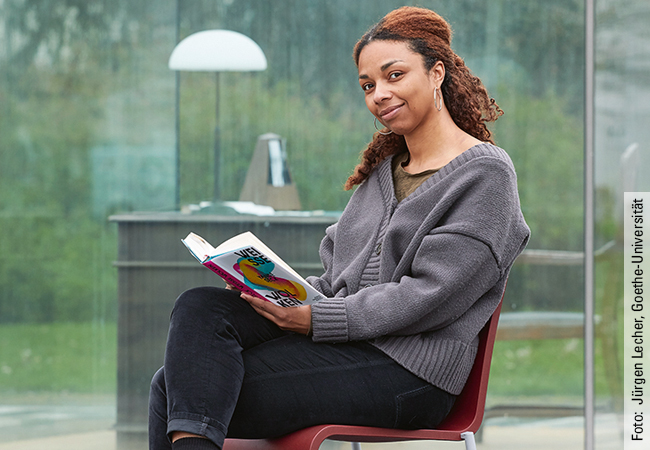Evotec SE announced today that the Company has launched beLAB2122, a translational $ 20 million BRIDGE in collaboration with Bristol-Myers Squibb Company. beLAB2122 brings together leading academic institutions from the Rhine-Main-Neckar region of Germany with the goal of efficiently advancing first-in-class therapeutic options across all therapeutic areas and formats into investable drug discovery and early development projects.
Mediated and supported by BioRN, the Life Science Cluster Rhein Neckar, beLAB2122 for the first time brings together the European Molecular Biology Laboratory (“EMBL”), the German Cancer Research Center (“DKFZ”), the Goethe University Frankfurt, Heidelberg University and the University of Tübingen in one collaboration with industry partners. Evotec’s BRIDGE (Biomedical Research, Innovation & Development Generation Efficiency) collaborations provide an integrated fund and award framework to validate exciting academic projects in collaborations with pharma and funders which may lead to the formation of jointly owned new companies. Since 2016, Evotec has established several BRIDGE collaborations with a variety of academic, pharma, and venture capital partners across Europe and North America.
Evotec launches beLAB2122 in cooperation with Bristol Myers Squibb, Evotec’s long-standing collaborator in drug discovery across several therapeutic areas. Together the sponsors intend to tap into Europe’s foremost academic clusters of excellence in the life sciences, both validating and advancing innovative research in therapeutics and related technologies from academia to enable the formation of new, collectively owned spin-out companies.
Prof. Dr Manfred Schubert-Zsilavecz, Vice President of Goethe University Frankfurt responsible for the Third Mission and Professor for Medicinal Chemistry, pointed out: “Pharmaceutical and translational medical research are two of the key strengths of Goethe University Frankfurt, and numerous of our research projects aim to contribute to closing the innovation gap in drug development. We are extremely happy to be part of the beLAB2122 research network in order to boost cooperation between academic and industrial research, for the sake of suffering patients.”
About Evotec’s BRIDGE model: Evotec has created a new paradigm to translate early-stage academic research to drug discovery and development called “BRIDGE” (Biomedical Research, Innovation & Development Generation Efficiency), an integrated fund and award framework to tap into exciting academic science to accelerate the formation of spin-out companies and generate collaborations with Pharma and biotech. Through these efforts, Evotec has defined a new formula for fast-track early-stage drug discovery. Since the launch of the BRIDGE model in 2016, Evotec has formed and funded a number of different collaborations, e.g. LAB282, LAB150, LAB031, LAB10x, and Autobahn Labs. For more information about Evotec’s BRIDGE initiatives, please go to www.evotec.com/en/innovate/bridges.



